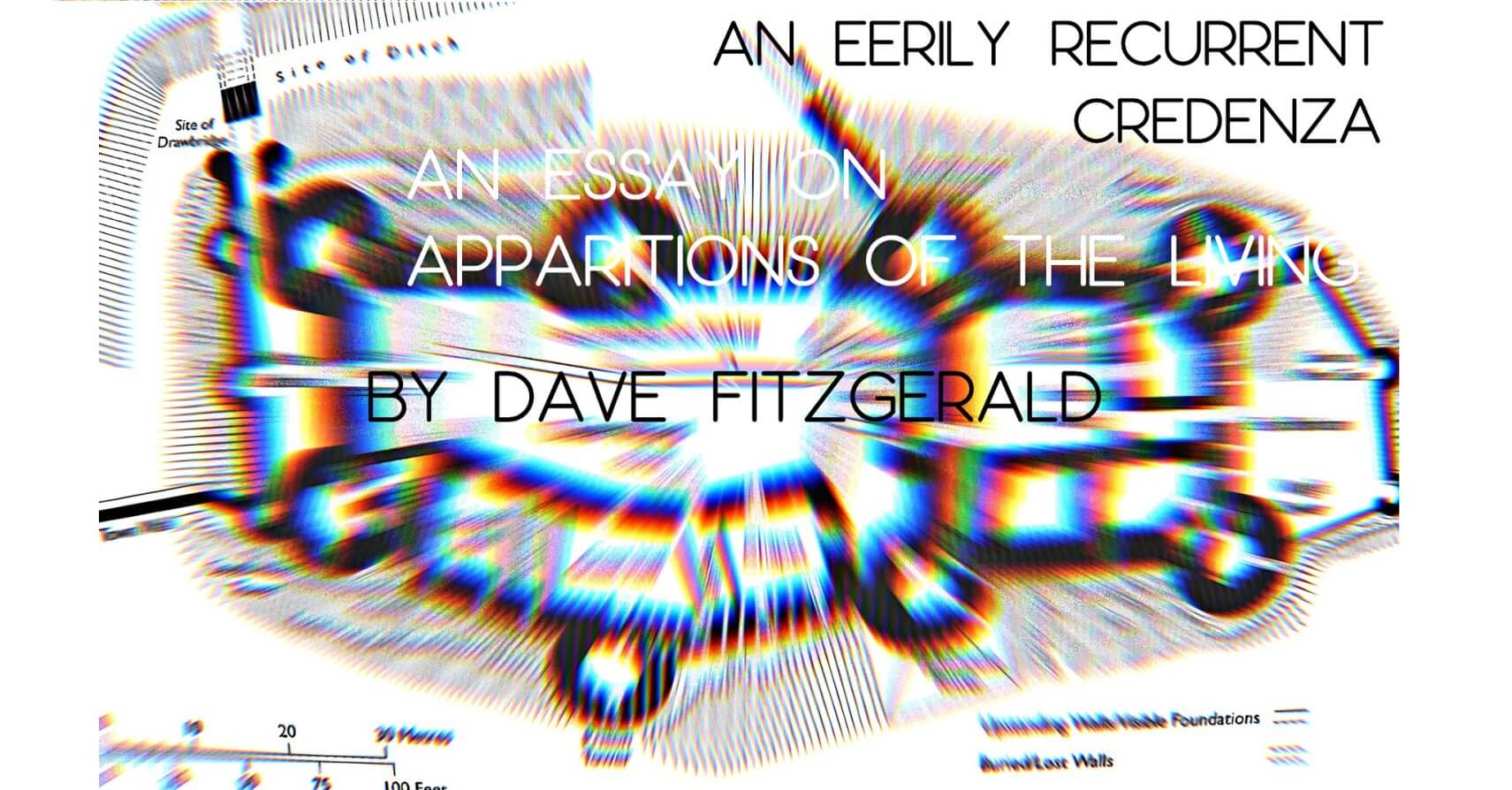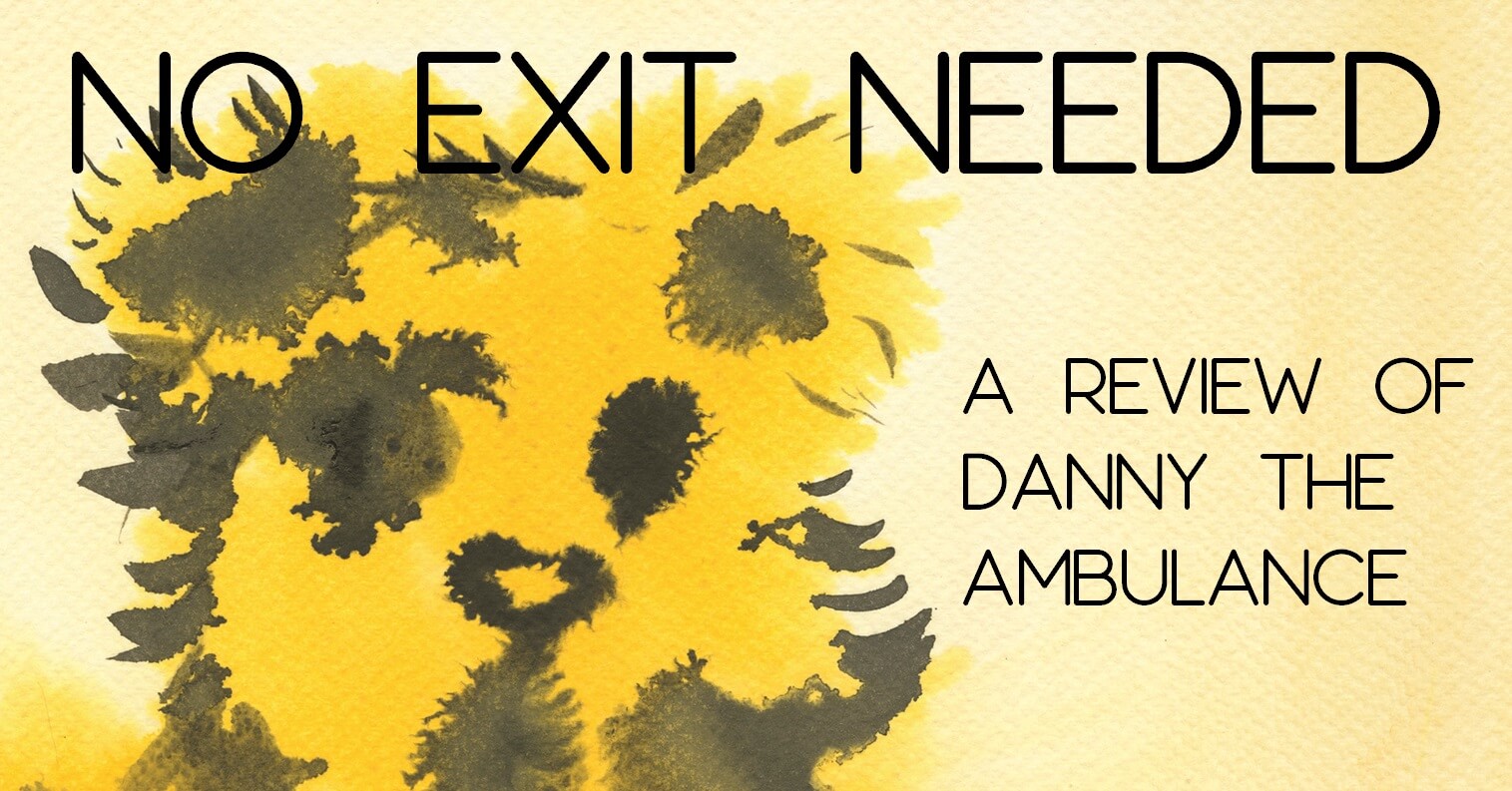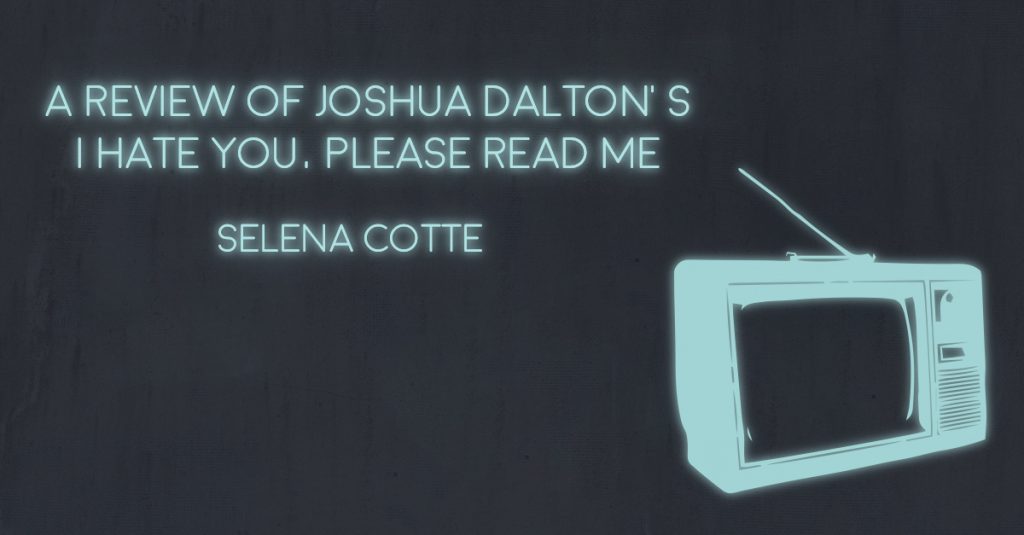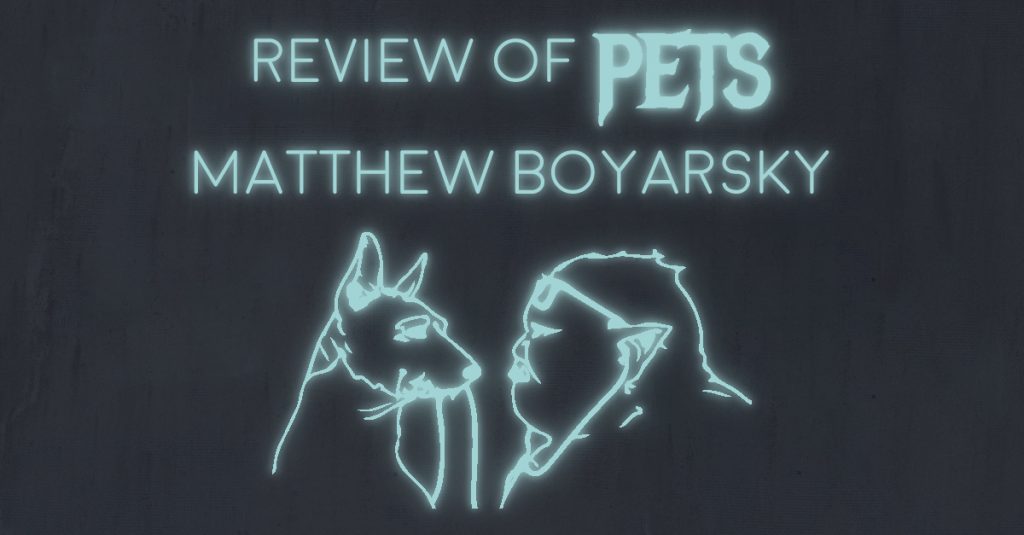


NO EXIT NEEDED: A Review of Danny the Ambulance

A REVIEW OF JOSHUA DALTON’S I HATE YOU, PLEASE READ ME by Selena Cotte
Joshua Dalton’s debut collection I Hate You, Please Read Me (House of Vlad Press, Feb 2021) can also be read as a novel in fragments: It uses tweets, direct messages, flash-length stories, and a much-anticipated closing screenplay to communicate a pitiful, media-saturated existence.
While never explicit, it seems clear that the stories and interactions all exist in dare-we-say anti-hero Marshall Crawford’s world in varying degrees of intimacy, to paint a character portrait of self-pity, self-awareness, and self-abuse. Even stories about other characters appear as representations of his own self-image, merely presented from an angle, using TV tropes and dripping with other symptoms of a media-poisoned lifetime. After all, this book is highly informed by internet culture, with its periodic collections of tweet-like fragments that simulate the very experience of consuming online content. Read a few articles, scroll through your Twitter feed, send a few messages, repeat.
The book’s fragments also work to simulate borderline personality disorder, a highly misunderstood condition marked by unstable relationships and the rapid cycling of extreme emotions. Dalton identifies himself as a “borderline writer” in his author’s bio, and Marshall refers to the disorder both directly and indirectly throughout the book. He experiences the higher senses of grandeur and extreme worthiness (in his lack of care for those around him, as well as his implied self-comparison to Batman) as well as the degrading and self-abasing lows that come from his unstable relationships and inability to create meaning from anything in his life. It is a circular problem, as his attitude informs his life, and the poor conditions that this creates informs his attitude. A difficult cycle to break.
Dalton treats his readers as Marshall treats those around him: We are simultaneously invited into Marshall’s existence and then pushed out just as quickly. Sometimes we are kept at arm's length, with surreal shorts such as “Regression” and “The Apple Doesn’t Fall Far From the Trauma,” both appearing in succession early on in the book. Other times, we are dragged down into the mud of these emotions, asked to stand witness to Marshall’s most intimate moments, both including the small admissions that he knows what he has done wrong and the equally off-putting depiction of anal douching before a “date,” in full explicit detail. It should not surprise you by now that making himself vulnerable in the latter form seems easier for him than the former.
In “Regression,” we see immediately that our protagonist is not interested in painting an empathetic portrait of himself. He is visiting a therapist who is visibly ill, and not mildly; he blows his nose at one point to find blood in the tissue. Many would become alarmed at this sight, but the narrator of this story does not break from his self-absorption to ask about it.
“Yuck, I thought. But I pressed on,” is how he responds to this moment, continuing on a diatribe about how difficult and unpleasant communicating with others is for him.
“The Apple” reads more like a nightmare, as it’s even further disconnected from any kind of reality (either ours or Marshall’s), painting the world as an almost comically horrifying place of despair and hopelessness. Through his bleak and tragic depiction of child suicide, which only keeps occurring at younger and younger ages, followed by more and more sudden births to replace them, one can understand the futility and nihilism Marshall feels, ironically more intimately than when Marshall tells us himself.
But more realistic depictions of Marshall’s life are also mediated through indirect communication: In the opening story “Showrunner,” we are immediately introduced to the notion that he views his life as a film or television show, a motif that repeats throughout the book. His character Max Collins is a thinly veiled version of himself, and the longest story of the book is the final screenplay that shows him stalking an ex, stealing from his mother to pay for a male prostitute, and using his homosexuality as a deflection away from the more despicable act of transgression: the theft, which he would actually have to take responsibility for, unlike his queerness which could reasonably be chalked up to “I was born that way, Mom.”
But it’s not enough to depict these events alone. Dalton/Marshall, through his screenwriting direction, wants us to know that he is aware of the nuance here. He knows what is really wrong with the situation, he just can’t help himself. Or so he wants us to believe.
It’s this kind of emotional spiraling that can make borderline personality disorder so devastating to experience, either personally or in a loved one. Dalton replicates the experience with empathy and ultimately, a kind of frankness that will ring true to anyone who has experienced such swells of complicated emotions. I Hate You, Please Read Me shows a deep understanding of how humans communicate their emotions (or utterly fail to), and most importantly, how self-awareness is not the same thing as self-acceptance.
Find I Hate You, Please Read Me here.

PETS: AN ANTHOLOGY edited by Jordan Castro (Review by Matthew Boyarsky)
Pets: An AnthologyEdited by Jordan CastroReview by Matt Boyarsky
I’ve been bitten by a dog exactly once. The dog’s name was Nelly. She jumped on me in what I thought to be a gesture of playfulness before she tore into my forearm.
Nelly’s owner screamed. How could someone so good at making her happy do something horrible? “Do you need help?” she asked.
I told her I was okay, that the dog was just doing her job. A dumb thing to say.
The owner seemed the type of person to have her animals up to date on their shots, and I wasn’t the type of person who had health insurance. So I walked away, bleeding under my sleeve, because there was a sadder story waiting for Nelly, and I wasn’t in it.
Almost every story in Pets, a new anthology about animals from Tyrant Books, levels with death in some form or another. Some of them even deal in killing. When swimming through this death, the book asks in waves, calmly, What kind of person are you?
It’s a humbling reading experience. One that makes me wonder if there is any truth to the brutal pragmatisms of Instagram captions. Sayings like: “If my dog doesn’t like you, then I don’t like you,” painted in white cursive on a block of wood hung with rope. In the book, I get to see people through the eyes of animals, through the eyes of characters who become animals —their animals—for better or worse.
This is where the anthology begins with Michael W. Clune’s story, “The Measure of Love.” It follows a narrator walking around town with their claws drawn in defense of their rescue dog called Burt. Burt has learned love slowly, despite being hurt in the past, and the owner’s love of the dog grows to crush their love of people. Primal allegiances prevail when ape meets wolf, and no one is safe because the defining lines of species have dissolved.
After that dissolution, people both loved and hated appear in the book’s pages. Freeloading reptiles. Birds who shit on art in protest. A puppy who enables his friend’s addiction because he doesn’t want to kill the vibe. There are cats that refuse to die, despite their hatred for life. Characters get kidnapped, drugged, and forgotten. There are tears, teams to root for. Investment. Sadness. In cycles.
The pattern is not coincidence. When thinking of a pet in the past tense, a person can only float among the hundreds of warm stories orbiting one massive, gaseous, horrific, inevitable story. I don’t believe every writer included in the collection got on a conference call with a plan to stab readers in the heart. They have, however, taken the unspoken terms and conditions of caring for an animal and rewritten them so a reader can see the fine print for themselves.
These writers—Ann Beattie, Chelsea Hodson, Scott McClanahan, Patty Yumi Cottrell, Blake Butler, and Tao Lin, to name a few—take turns in poetry, prose, and art to tell some of these stories. Individually, each storyteller uses their space to make peace, to reckon, and possibly move on. But as a collection, Pets rewinds. It hits pause and stares until the pixels of memory blur into something else. Hard earned honesty, even when it’s lies.
A good book is one you want to give to a friend. In this anthology, art and friendship share a long, shaking hug while shedding hair and wiping snot on each other’s shoulders. During and after reading the book, you think a lot about who you’ll pass it along to.
I will lend it to my sister-in-law, whose sixteen-year-old cat I used to watch and once almost killed by starting the dryer with her in it. I will lend this book to my girlfriend, who sits through videos of cows getting shot in the head with a bolt gun to keep her vegetarian streak strong. I will lend this book to my old friend who likes reading books.
I don’t know what reaction the book will provoke from each of them, but whose fault is that? By the time you’re done reading it, Pets is a mirror most of all.
What kind of person are you?
I’ve been watching some ethically questionable reality television in my time alone. I am not causing anyone direct pain, as far as I know. But I’ve been eating meat from a can— still warm with life at the time of its packaging. And I can see the teeth marks of Nelly the bodyguard dog through the thin hair on my arm when I look real close.
